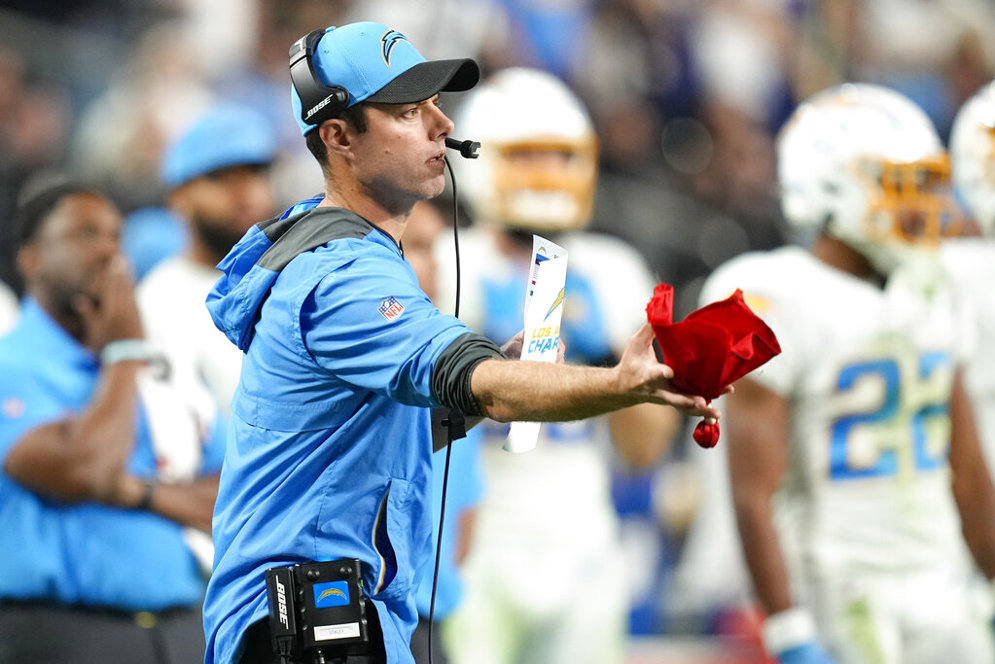In 2021, the NFL expanded its replay rule to allow replay officials and designated members of the officiating department to assist on-field officials in specific, limited game situations.
Replay officials and designated members of the NFL officiating department can advise on-field crews based on clear and obvious video evidence. The expansion of the replay assistance rule facilitates the administration of the game and limits stoppages on certain rulings.
How does Replay Assist Work?
Replay officials located in NFL stadium replay booths and designated members of the NFL officiating department in Art McNally GameDay Central at the league office in New York may provide on-field officials with objective information regarding on-field rulings and the correct application of playing rules.
Before, replay officials were only permitted to provide input on limited administrative issues and during replay reviews. Now, they can proactively assist in situations where clear and obvious video evidence is quickly available to assist the on-field officials on objective rulings.
The new assistance rule applies to plays where there is clear and obvious video evidence to proactively address specific objective rulings, such as spot of the ball or a foul, complete or incomplete pass, and touching of the ball or a line:
- Penalty enforcement
- Confirmation of the proper down
- Spot of a foul
- Game clock administration
- Possession of a loose ball
- Complete or incomplete pass
- Loose ball touching a boundary line, goal line, or end line
- Location of the football or a player in relation to a boundary line, line of scrimmage, line to gain, or goal line
- Player down by contact (when not ruled down on the field)
How Does the Rule Affect Coaches’ Challenges?

(AP/Jeff Bottari)
Coaches are still responsible for challenging rulings that are not automatically reviewed by replay officials. However, certain rulings that would have been challenged previously can now be addressed through the new replay assistance rule. Replay officials or designated members of the officiating team in New York generally can assist until the play clock is at 20 seconds remaining.
If a coach is still not satisfied — even after replay assist — he can still challenge a reviewable ruling. If he throws his challenge flag before the replay official or the team in New York make their decision, it becomes a coaches’ challenge and his team risks losing that challenge. In these situations, coaches are often best served to throw a challenge flag only after the time for a replay assist has passed.



